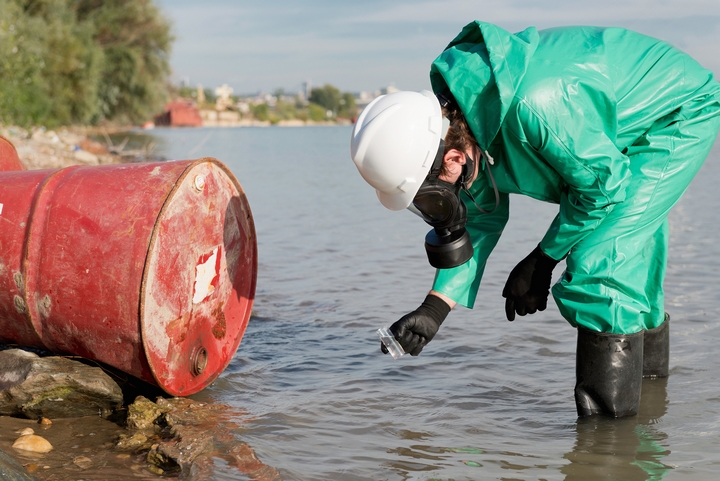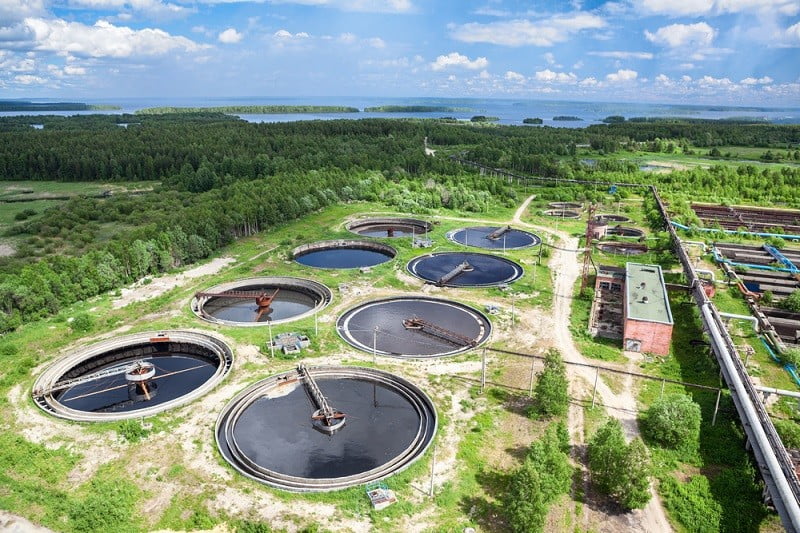Recognizing the Comprehensive Refine of Fluid Garbage Disposal: Best Practices and Environmental Impact Considerations
The management of liquid waste disposal is a multifaceted problem that requires a thorough understanding of different ideal methods and their associated environmental influences. From the types of fluid waste generated to the methods used for collection, treatment, and final disposal, each action plays an important role in safeguarding ecosystems and public wellness. As regulatory standards advance and innovation breakthroughs, the conversation around these processes becomes significantly relevant. What implications do these adjustments hold for future sustainability initiatives, and exactly how can stakeholders guarantee that they are appropriately addressed?
Sorts Of Liquid Waste
Comprehending the various kinds of liquid waste is essential for efficient management and disposal practices. Fluid waste can be generally categorized right into several kinds, each calling for unique handling and treatment methods.
Industrial liquid waste frequently has harmful products, consisting of heavy steels, solvents, and chemicals, generated throughout producing processes. These wastes require stringent regulatory conformity to protect human health and the atmosphere. Domestic liquid waste mostly describes wastewater generated from houses, consisting of sewage and greywater, which, although much less toxic, can still position significant threats if poorly taken care of.
Agricultural liquid waste, including runoff from ranches, usually includes fertilizers and pesticides that can cause environmental degradation otherwise treated adequately. Clinical fluid waste, produced from health care facilities, consists of contaminated liquids such as bodily liquids and chemicals, requiring specialized disposal methods to avoid infection and ecological contamination.
Lastly, oil and oil waste, normally produced by restaurants and vehicle sectors, can cause extreme blockages in drain systems if not handled properly. Comprehending these categories assists in targeted strategies for treatment, compliance with laws, and effective disposal techniques, ultimately advertising environmental sustainability and public health safety and security.

Collection Methods
Reliable collection techniques are essential for the appropriate monitoring of fluid waste, ensuring that it is gathered safely and effectively before treatment or disposal. Numerous strategies are employed relying on the kind of liquid waste generated, the volume, and the specific features of the waste.
One typical technique is making use of dedicated collection containers or sumps, which are created to catch liquid waste at the resource. These systems commonly include pumps that promote the transfer of waste to larger storage space containers or treatment facilities. In addition, mobile collection systems geared up with vacuum cleaner modern technology are used in circumstances where waste is created periodically or in hard-to-reach places.
For commercial settings, closed-loop systems can successfully lessen spills and leaks, permitting the healing and reuse of liquid waste. It is additionally necessary to educate employees on proper collection procedures to mitigate dangers related to harmful substances.
Furthermore, implementing normal maintenance schedules for collection devices makes certain ideal efficiency and security. The combination of innovative monitoring systems can improve collection efficiency by offering real-time data on waste degrees and potential risks. In general, effective collection techniques are fundamental to sustainable fluid waste management methods.
Therapy Processes
Treatment procedures play a crucial duty in the management of liquid waste, changing possibly unsafe products right into secure effluents or reusable resources - liquid waste disposal. These processes can be extensively categorized into physical, chemical, and organic techniques, each tailored to deal with details impurities existing in the waste stream
Physical therapy methods, such as sedimentation and filtering, work by removing suspended solids and particle issue. These strategies are often the first step in the therapy chain, properly reducing the lots on succeeding procedures. Chemical treatments involve using reagents to counteract harmful materials, precipitate heavy metals, or oxidize natural contaminants, thereby enhancing the safety of the effluent.
Biological therapy processes, including triggered sludge systems and anaerobic food digestion, maximize the natural capabilities of bacteria to weaken organic matter. These approaches are particularly effective for wastewater consisting of naturally degradable toxins. Advanced therapy modern technologies, such as membrane purification and advanced oxidation processes, are progressively utilized to attain greater degrees of filtration.
Incorporating a mix of these therapy methods not just makes sure conformity with regulatory requirements however additionally advertises ecological sustainability by recouping valuable resources from liquid waste.
Disposal Options
How can companies ensure the responsible and risk-free disposal of liquid waste? Efficient disposal choices are crucial for safeguarding public wellness and the environment. The primary approaches consist of land therapy, incineration, and disposal adhered to by discharge right into local wastewater systems.
Land disposal includes the cautious containment of liquid waste in designated land fills, making sure that it does not seep into surrounding dirt or water. Incineration, on the various other hand, topics liquid waste to high temperatures, transforming it into ash and gases, which require correct purification to decrease exhausts. This technique is appropriate for dangerous wastes that can not be treated through traditional methods.
In situations where fluid waste can be treated, organizations might select chemical or biological therapy processes to neutralize hazardous components prior to discharging the treated effluent into local systems. This path usually aligns with governing demands, guaranteeing that the effluent fulfills security requirements.
Ultimately, companies must conduct comprehensive analyses this hyperlink of each disposal option to determine its practicality, thinking about elements such as waste composition, governing compliance, and prospective threats to wellness and the setting. By selecting proper disposal methods, services can add to a liable waste management technique.
Environmental Impact
The environmental impact of liquid garbage disposal is a vital factor to consider for companies seeking to reduce their environmental impact. Inappropriate disposal methods can result in substantial contamination of water resources, soil degradation, and negative impacts on local ecosystems. For example, harmful liquids can seep into groundwater, posturing threats to alcohol consumption water supplies and marine life. Furthermore, the discharge of unattended or inadequately dealt with waste right into surface waters can lead to eutrophication, bring about oxygen deficiency and the succeeding death of fish and other microorganisms.

To minimize these influences, organizations need to take on best methods such as carrying out extensive waste treatment processes, advertising recycling and reuse, and adhering to governing requirements. By taking a proactive method to liquid waste management, entities can dramatically reduce their environmental impact while sustaining sustainable advancement objectives. Eventually, a detailed understanding of the ecological impacts related to liquid waste disposal is crucial for educated decision-making and liable stewardship of natural deposits.
Conclusion
Efficient administration of fluid waste is essential for securing environmental honesty and public health and wellness. Inevitably, an extensive understanding of fluid waste disposal not just minimizes environmental influences but additionally cultivates a dedication to liable resource administration and ecological stewardship.
The management of fluid waste disposal is a complex issue that needs an extensive understanding of numerous finest techniques and their associated environmental effects. From the types of liquid that site waste created to the methods utilized for collection, therapy, and final disposal, each action plays an important duty in safeguarding ecosystems and public wellness.The ecological impact of liquid waste disposal is a vital factor to consider for companies seeking to reduce their environmental footprint. Eventually, a detailed understanding of hop over to these guys the ecological effects associated with fluid waste disposal is necessary for educated decision-making and liable stewardship of natural resources.
Eventually, a detailed understanding of liquid waste disposal not just minimizes ecological influences but additionally cultivates a dedication to liable resource administration and environmental stewardship.